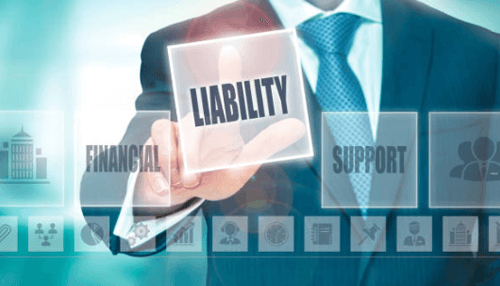Financial liabilities are important for a business because they play an important role in running operations with ease. They even provide ways to reserve funds for future expenses that will help achieve goals to a large extent. In other words, liabilities refer to the amounts owned by an entrepreneur or company.
It is necessary to know more about financial liabilities for entrepreneurs in detail before starting a business. This will help a lot to plan everything properly which gives ways to attain top positions in the markets. Moreover, Financial Liabilities enable an entrepreneur to manage a business efficiently to minimize risks.
Understanding some financial liabilities for entrepreneurs
1. Accounts payable
Accounts payable is a short-term Financial Liabilities and an entrepreneur has to pay money to creditors after buying goods. It is necessary to settle accounts payable within a year. Apart from that, accounts payable involves a set of procedures to follow before making payments to a creditor. Some of them include bill receiving, bill reviewing, updating bill details in records, and making timely payments. To make this process more efficient you should use accounts payable automation, and eliminate any human errors that might occur.
2. Notes payable
Notes payable belong to a short-term liability when a business makes a promise to repay the lender with written records. It appears on a balance sheet under current liabilities when a business agrees to pay the same within a year. A note payable usually involves interests and entrepreneurs should be aware of them while borrowing money.
3. Income taxes payable
Income taxes payable is a current liability and a business should pay taxes based on the revenues. On the other hand, entrepreneurs should know the laws with more attention before calculating income taxes.
4. Wages/Salaries payable
Wages/ Salaries payables are the remunerations paid to workers/employees when they perform certain works. While salary is a fixed amount, wages are amounts paid to workers on an hourly basis.
5. Unearned revenues
Unearned revenues refer to amounts paid by customers in advance when they want to buy some products. Some examples include deposits, magazine subscriptions, advanced booking of air flight tickets, and so on. They come under current liability based on the delivery of goods.
6. Bonds payable
Bonds payable are long-term Financial Liabilities issued by a business to generate more cash. A business or company issues bonds for tax benefits retained earnings, and other reasons. On the other hand, an entrepreneur should know the bond valuation techniques accurately which will help make a better decision.
7. Loans and mortgages payable
Loans and mortgages payable come under Financial Liabilities that is due after one year. At the same time, a business should understand the term properly which will help run a business without any difficulties. Furthermore, it paves ways to accomplish goals in a business with high success rates.
8. Accrued expenses
Accrued expenses are liabilities when a business plans to make payments in the future. Some examples of expenses include interest on loans, goods received, taxes incurred, etc. It is essential to calculate the same with certain tools that will help prefer a balance sheet with ease.
9. Contingent liabilities
A contingent liability refers to a potential loss that may occur in the future which will affect a business. Some examples of contingent liabilities include lawsuits, debts, IRS disputes, and product warranties. It is an important financial matter for a business and entrepreneurs should know the procedure before preparing a balance sheet.
10. Warranty liabilities
Warranty liabilities are financial liabilities for entrepreneurs when a business spends money on repairs or replacement. Business entrepreneurs should calculate the same by using certain tools. They come under current liabilities in a balance sheet and new entrepreneurs should evaluate expenses with an experienced chartered accountant.



